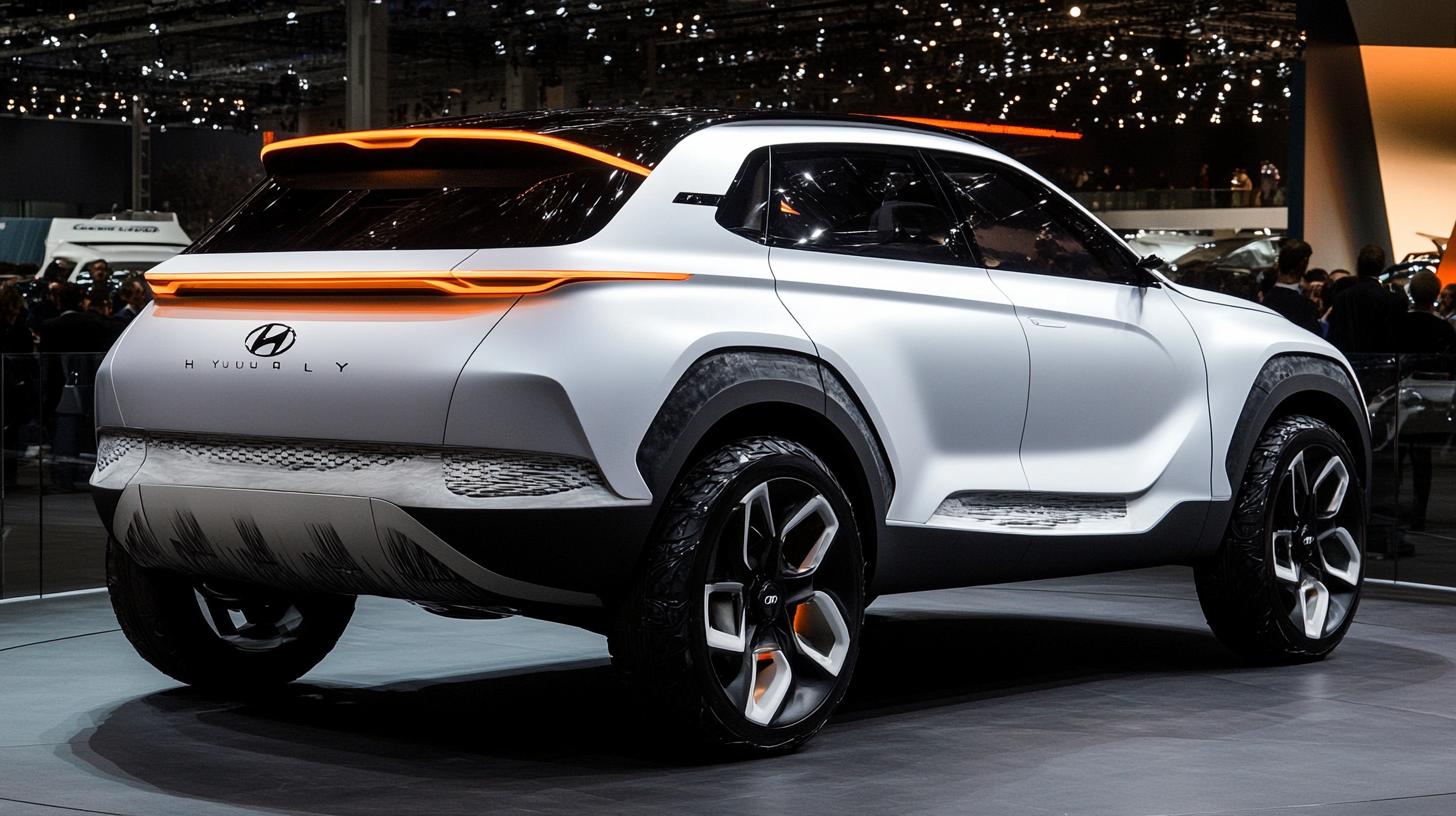In an unusual twist for the burgeoning hydrogen vehicle market, Hyundai has issued a recall for a select number of its futuristic Hyundai Nexo hybrid-electric SUVs, amounting to 1,568 vehicles. The recall targets models from 2019 to 2024 due to the risk of a hydrogen gas leak that could ignite under specific circumstances.
The underlying issue is linked to a safety feature in the Nexo designed to vent hydrogen gas when the fuel tank overheats. At the heart of the problem is a glass bulb meant to break at elevated temperatures. However, the component may develop tiny fractures, leading to unintended breakage and a potential leak of hydrogen gas—a significant safety concern.
For those driving the affected vehicles, there are tell-tale signs that the defect may manifest. You might hear a rushing wind noise or see a peculiar white fog at the rear, alongside a rapidly depleting fuel gauge and engine warning lights.
Hyundai’s solution involves replacing the faulty glass bulb with a sturdier metal component. The original parts were sourced from Youngdo Industry, a South Korean supplier. Fortunately, no incidents, such as fires or accidents related to this issue, have been reported in the U.S. or Canada.
While Hyundai assures continued vehicle operation, they advise owners to park these SUVs outdoors and away from buildings until repairs are completed. Notifications for affected owners will be sent by December 10, but vehicle checks via Hyundai’s website have already been made available.
Despite the challenges, the recall underlines the ongoing hurdles faced by automakers as they innovate with hydrogen technology—an energy alternative that remains largely exotic but highly promising in the clean energy narrative.
Is Hydrogen Fuel the Future or a Risky Business? Emerging Controversies You Need to Know!
Hydrogen Vehicles: A Ticking Time Bomb or the Key to a Clean Future?
The recent recall of Hyundai’s futuristic Nexo hybrid-electric SUVs has intensified the spotlight on hydrogen fuel technology. As the world grapples with climate change, hydrogen vehicles have been touted as a key solution in the transition to zero-emission transport. However, this recall reveals both the potential and the pitfalls of adopting this burgeoning technology.
The Stakes Are High: What’s at Risk?
Hydrogen as a fuel holds the promise of clean energy, emitting only water when used, unlike fossil fuels that contribute to air pollution and climate change. But the risks exemplified by the Hyundai recall show the complexities involved. The main concern is safety; hydrogen is highly flammable, and the potential for leaks could pose significant dangers both to individuals and communities.
Imagine a scenario where hydrogen vehicles become mainstream, but infrastructure and safety measures have not kept pace. Could neighborhoods face new risks without proper regulations and emergency protocols? This recall serves as a wake-up call for automakers and policymakers to invest more in safety research and robust regulatory frameworks.
New Developments & Emerging Technologies
While the concerns with hydrogen vehicles are apparent, recent innovations could address these issues. For instance, scientists are exploring better materials for hydrogen storage and transport that could minimize leak risks. Advances in sensor technologies can also offer early detection of leaks, potentially increasing safety standards.
Moreover, countries like Japan and Germany are spearheading hydrogen infrastructure development, suggesting a global shift toward accepting this technology. New initiatives in renewable energy production of hydrogen, often referred to as green hydrogen, minimize the carbon footprint linked to hydrogen production.
Controversies and Debates: Is Hydrogen the Ultimate Solution?
The discussion about hydrogen vehicles goes beyond just safety. Some argue that the focus should be on battery electric vehicles (BEVs), which are currently more advanced in terms of infrastructure and market readiness. Critics point out that hydrogen production is energy-intensive and not entirely green unless produced from renewable sources.
Furthermore, the cost of hydrogen vehicles and refueling infrastructure remains a hurdle. Will governments and private investors shoulder the financial burden to make hydrogen a viable option?
Navigating the Future: The Road Ahead
What does this mean for the average consumer and the global automotive industry? Consumers may feel cautious about adopting hydrogen technology without fully understanding the risks and benefits. Meanwhile, companies will need to balance innovation with extensive safety measures to ensure public trust.
Will hydrogen eventually see mass adoption, or will it remain a niche market? While challenges remain, initiatives and investments in new technologies could very well pave the way for hydrogen’s success in the future of clean energy.
For further reading and updates on hydrogen technology, visit Hyundai and Toyota, both leaders in hydrogen vehicle innovation.


